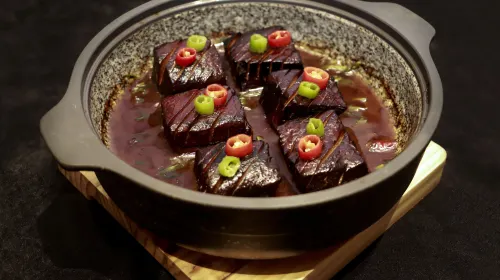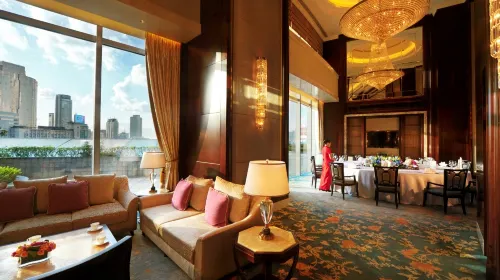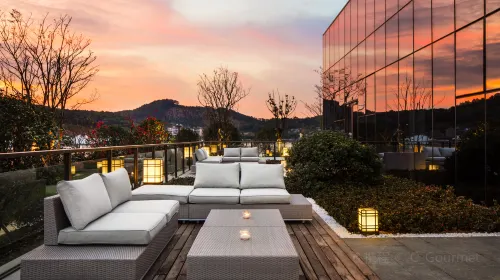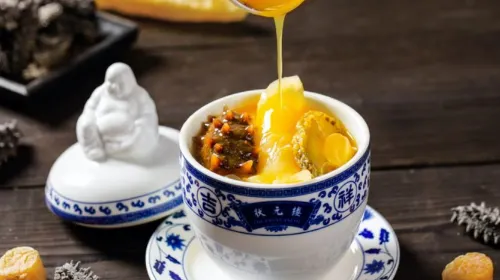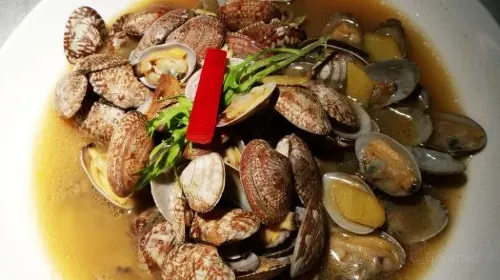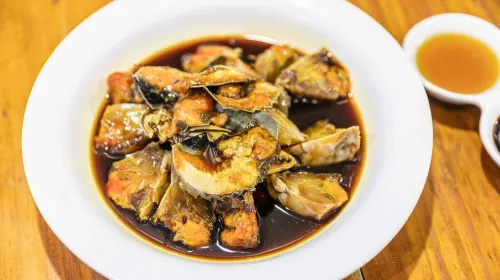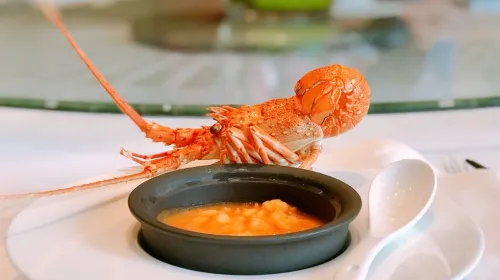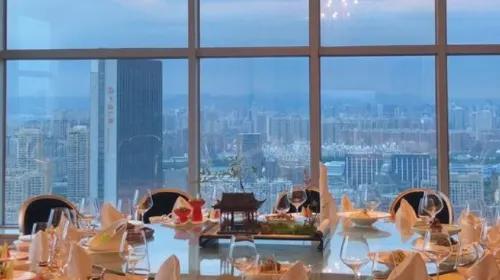Best Restaurants in July in Zhenhai District (Updated 2025)
 View on Map
View on MapCuisines
All
Fast Food
Snacks
Bakeries
Specialties
Afternoon Tea
Open Late
Great shot spot
Business Hours
0:00 am~5:00 am
5:00 am~10:00 am
10:00 am~02:00 pm
Price
AUD 0
AUD 206+
Provided Services
Free Wi-Fi
Booster Seats
Private Dining Rooms
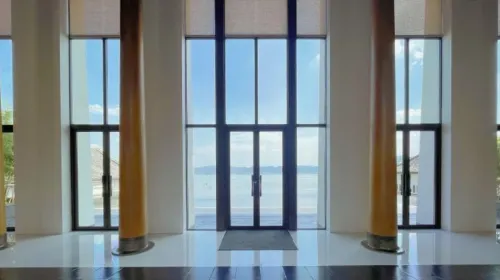
 情在山水间This restaurant has a great environment, very clean and tidy. The food is not only beautiful in appearance, but also tastes great. The cooking method retains the original taste of the ingredients, which is fresh and refreshing. There are many choices of dishes, and the price is not high, so it is suitable for taking the family. The taste is amazing! The service is thoughtful and warm!
情在山水间This restaurant has a great environment, very clean and tidy. The food is not only beautiful in appearance, but also tastes great. The cooking method retains the original taste of the ingredients, which is fresh and refreshing. There are many choices of dishes, and the price is not high, so it is suitable for taking the family. The taste is amazing! The service is thoughtful and warm!